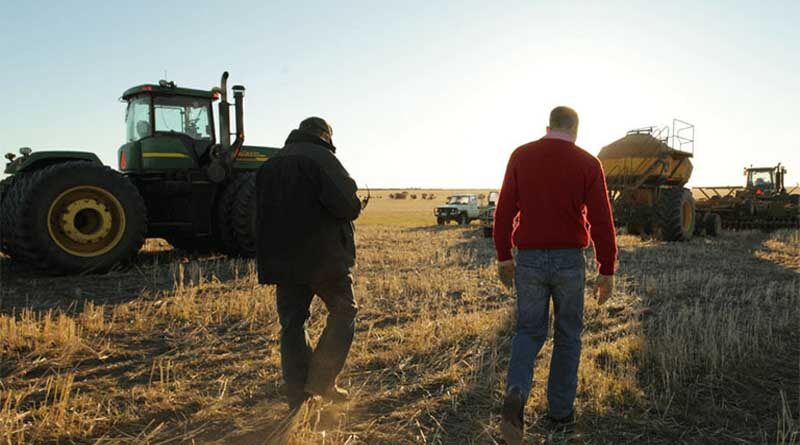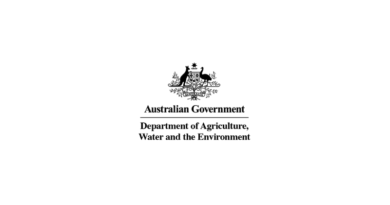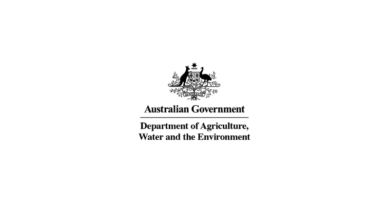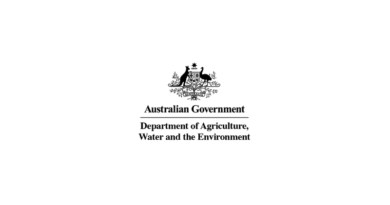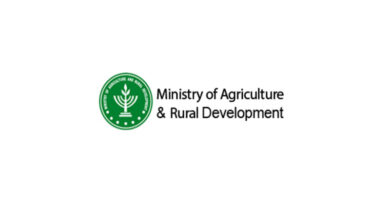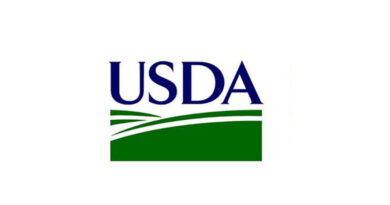Australia: Take five for Farm Safety Week
18 July 2022, AU: This week is national Farm Safety Week, so it’s the perfect time to reflect on how you can improve safety for everyone on your property.
FarmSafe Australia’s theme for 2022 is ‘recipes for averting disaster’, focusing on the varying hazards which come together to make Australian farms one of the most dangerous work environments.
Plenty of these hazards are intangible, with stress, fatigue and complacency being major contributors to on-farm incidents.
This week is the ideal opportunity to take some time out and talk with family and workers about safety issues, discuss any areas of concern, and develop strategies to reduce or eliminate risks.
To kick off the discussions this Farm Safety Week, here are five major hazards commonly faced, and how you can reduce their impacts.
Operating machinery
Despite high levels of awareness, machinery-related accidents continue to be one of the most common causes of injury and fatality on farms.
Did you know, farm machinery, including tractors and quad bikes, is involved in 40% of all on-farm deaths?1
The danger of these vehicles is usually in the way they are operated. For improved safety:
- Ensure all workers are thoroughly familiar with operating procedures and safety requirements for any machinery they use
- Keep all machinery in good condition, ensuring regular servicing
- Install guards to cover the moving parts of machinery
- Always wear protective and visible clothing
You can find further information on the safe use of farm machinery in the FarmSafe Australia Toolbox Talks.
Handling chemicals
Care must be taken when storing and working with chemicals and hazardous substances, as exposure can result in serious health issues, ranging from minor burns or poisoning to chronic, long-lasting effects.
Containers should be clearly labelled, accompanied by a safety data sheet, and stored out of reach of children.
It may be worth having farm workers trained in first aid, and appropriate first aid kits located on-property.
While it’s Farm Safety Week, why not clear out any old or unused chemicals? You can dispose of them safely using the ChemClear program.
Handling livestock
It’s important to have a healthy respect for cattle and other livestock, and the damage they can do by charging or kicking.
When working in yards, be mindful of your position in relation to gates and fences to avoid being crushed. Rams and bulls will often act unpredictably, so always have an escape route planned.
It’s also important to keep your animal handling equipment in good repair, which includes ensuring gates, latches and hinges in yards and sheds are all in good working order.
There is a wealth of information available about improving personal safety when working with livestock. Take a look at the Safe Handling of Cattle guide, available on the FarmSafe Australia website.
Preparing for emergencies
Being prepared for fires, floods or storms can save lives.
Do you have an emergency response plan? Does everyone agree on what will happen in the event of an emergency? Have you accounted for animals?
Considering these questions and preparing your plan now is essential to ensure everyone’s safety during a time of crisis.
You may wish to download and complete an Emergency Card with contact details and directions to your property.
Mental health
Staying safe on-farm includes taking steps to support the mental health of yourself, family and workers.
Farmers are used to dealing with unpredictability, but this year in particular has thrown curve balls including supply chain issues, skyrocketing fuel costs and a shortage of skilled workers. These uncertainties lead to stress and mental health strain, which are major contributors to many on-farm accidents.
Also Read: World Food Prize Foundation Announces New Director of Communications

